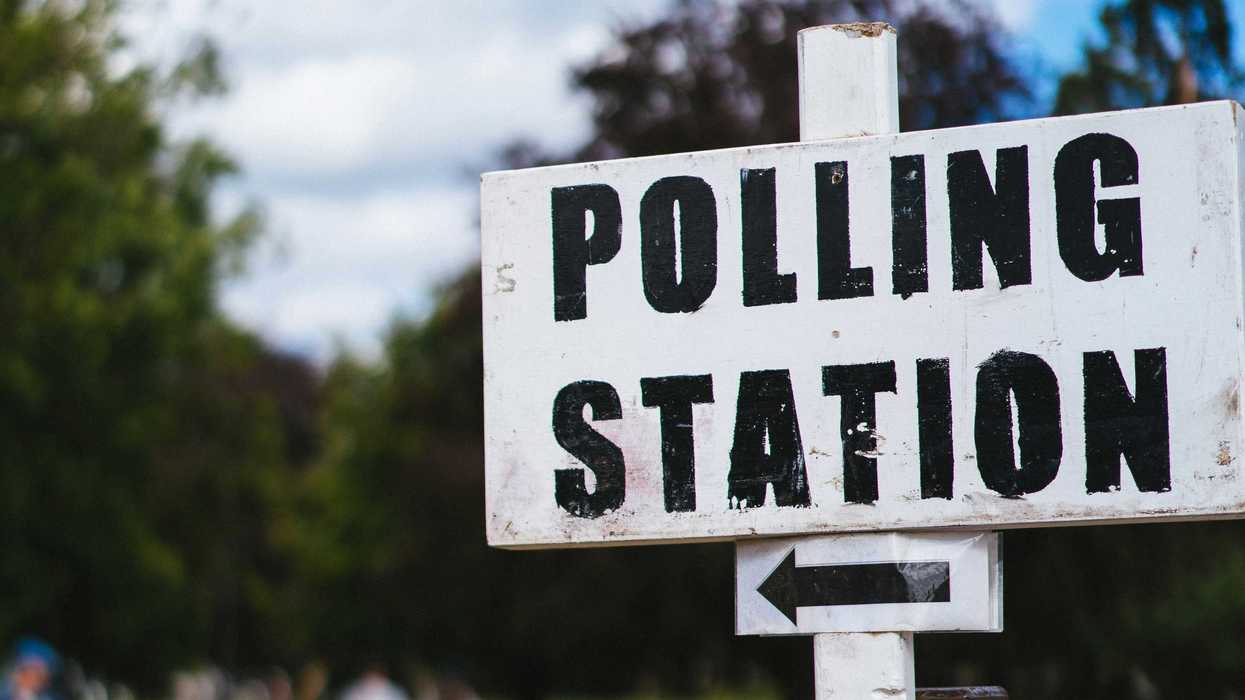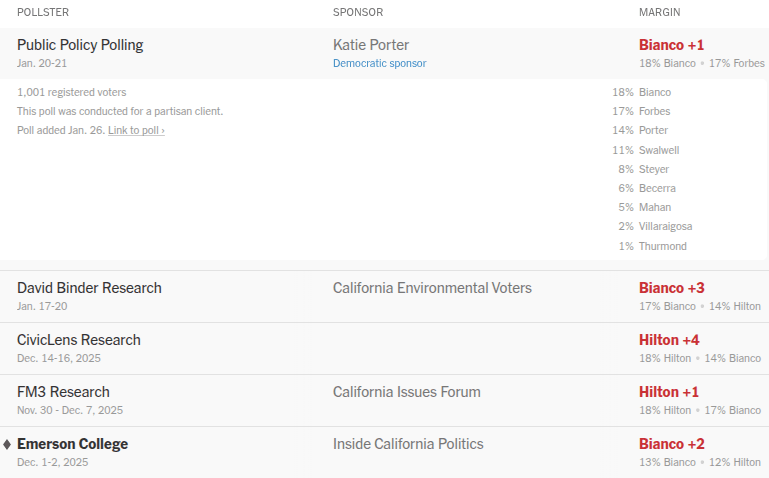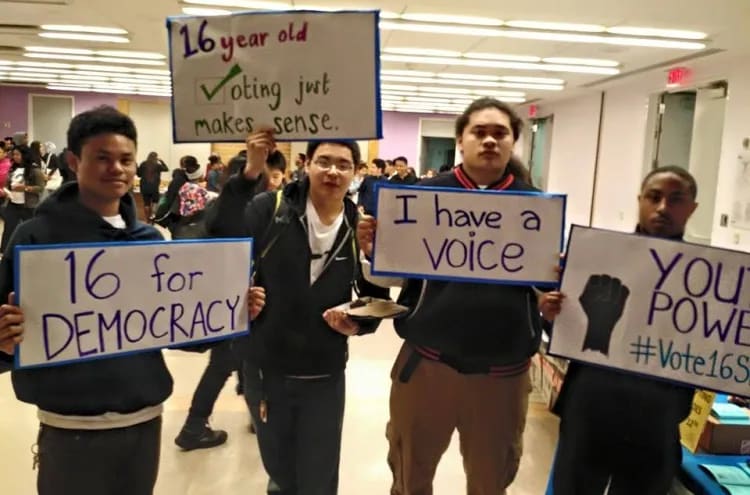Kevin Frazier will join the Crump College of Law at St. Thomas University as an Assistant Professor starting this Fall. He recently concluded a clerkship with the Montana Supreme Court.
History is often told through the trials and tribulations of individuals. Good or ill, it’s easier to focus on the actions of one person to explain how and why a discovery was made, a battle was lost, or an empire was built. The harder historical analysis requires looking at the effect quiet collaborators– those who opted not to stand up and speak out– could have had on that individual’s efforts. In other words, history is as much a tale of actions not taken as it is one of deliberate choices. Quiet collaborators are the historical change agents that require our attention.
Thomas Midgley Jr. earned the title of the “Most Harmful Inventor” in history by developing leaded gasoline and chlorofluorocarbons (CFCs). These two inventions have negatively affected the planet and humankind. As of 2021, leaded gasoline caused an estimated 1.2 million premature deaths per year. CFCs turned out to be more effective than CO2 in terms of trapping heat in the atmosphere.
Midgley likely did not anticipate nor intend to cause centuries-long damage but he and others did know that his inventions presented significant risks. Yet, those quiet collaborators played a role in shaping our future by enabling, rather than challenging the spread of Midgley’s work.
In 1921, Midgely mixed tetraethyl lead with gasoline. He quickly realized that this combination created a fuel that eliminated engine knocking--when a cool flame sparks the fuel too early. An employee at General Motors (GM), Midgley shared this invention with his colleagues, who, like the general public, knew the negative effects of lead. Yet, none of his colleagues challenged the continued development and distribution of leaded gasoline. In fact, they helped Midgley lure the public into believing that this new fuel presented no health risks.
For instance, in 1923, GM employees started selling leaded gasoline under the brand name, “Ethyl.” Their marketing intentionally omitted references to lead and, instead, tried to tie this dangerous fuel to the clean-burning ethyl alcohol. We don’t know the names of these employees but they each missed an opportunity to take history in a different direction - each of them could have acted on their knowledge of the true nature of their product but they opted to remain silent.
Later, GM and Standard Oil formed the Ethyl Corporation, a joint venture between the two companies. In doing so, they expanded the number of quiet collaborators. By this time, the Corporation’s employees had no shortage of information regarding their dangerous product. They had received reports of dozens of employees at the manufacturing plant experiencing hallucinations, demonstrating signs of insanity, and, in some cases, dying.
Though some states responded to these reports by banning the substance, the Corporation’s employees took a different approach– they set up a press conference and provided Midgley with a platform to lie about the dangers of TEL. Despite grappling with the effects of lead poisoning, Ethyl Corporation sent Midgley before reporters and had him inhale the fuel’s deadly fumes for a minute. He assured the press (and, through the press’s acquiescence, the public) that even if he continued this practice every day, he would experience no health effects. In short, quiet collaborators spread Midgley’s lies and exacerbated the harm caused by his inventions.
Quiet collaborators are the unsung facilitators of destruction. These individuals, average Joes and Janes, each take the path of least resistance and, collectively, miss opportunities to redirect history. Today, quiet collaborators continue to stay silent and remain in the shadows: there are lawyers enforcing egregious immigration policies, staffers covering for elected official’s lies, and marketing teams masking the full extent of corporate harm. Each of these individuals have the opportunity and means to slow, if not reverse, the harm caused by their bosses.
The upshot is that though Midgley surely deserves our attention, more analysis should turn on what conditions were necessary to turn his collaborators into agents of change. This reallocation of our attention should provide an important reminder: we have a lot more control of our communal future than history has led us to believe.






















